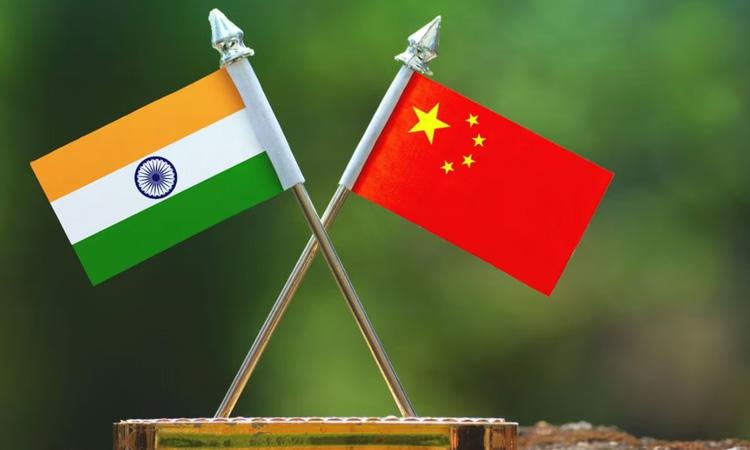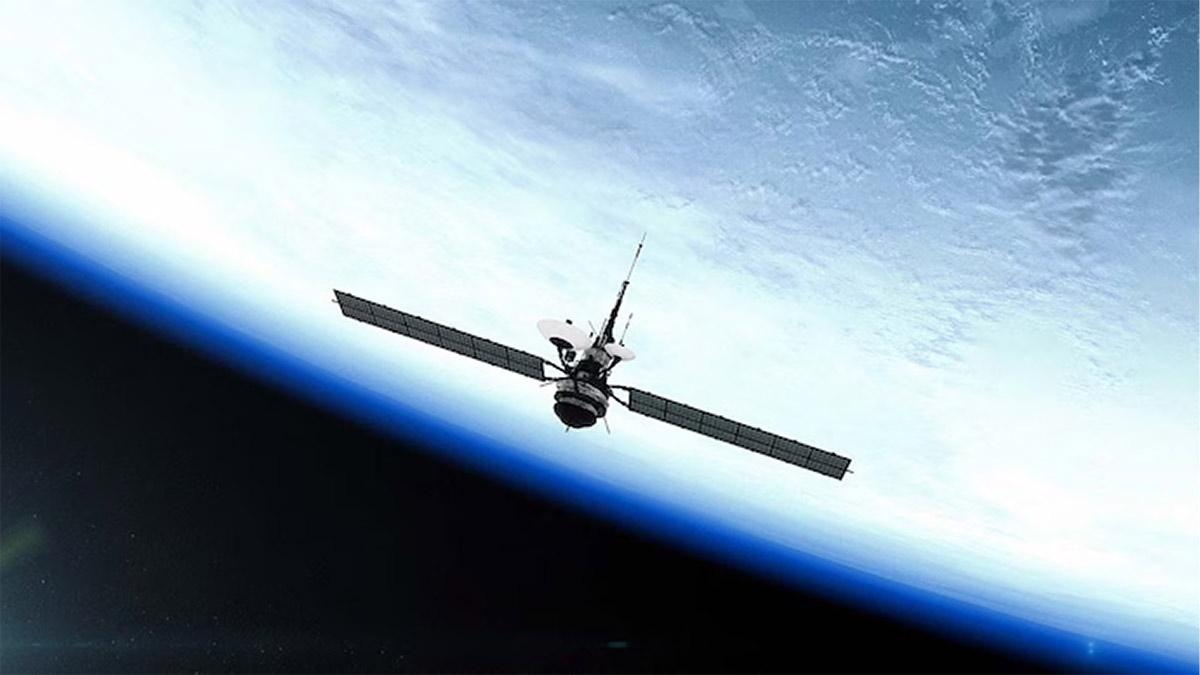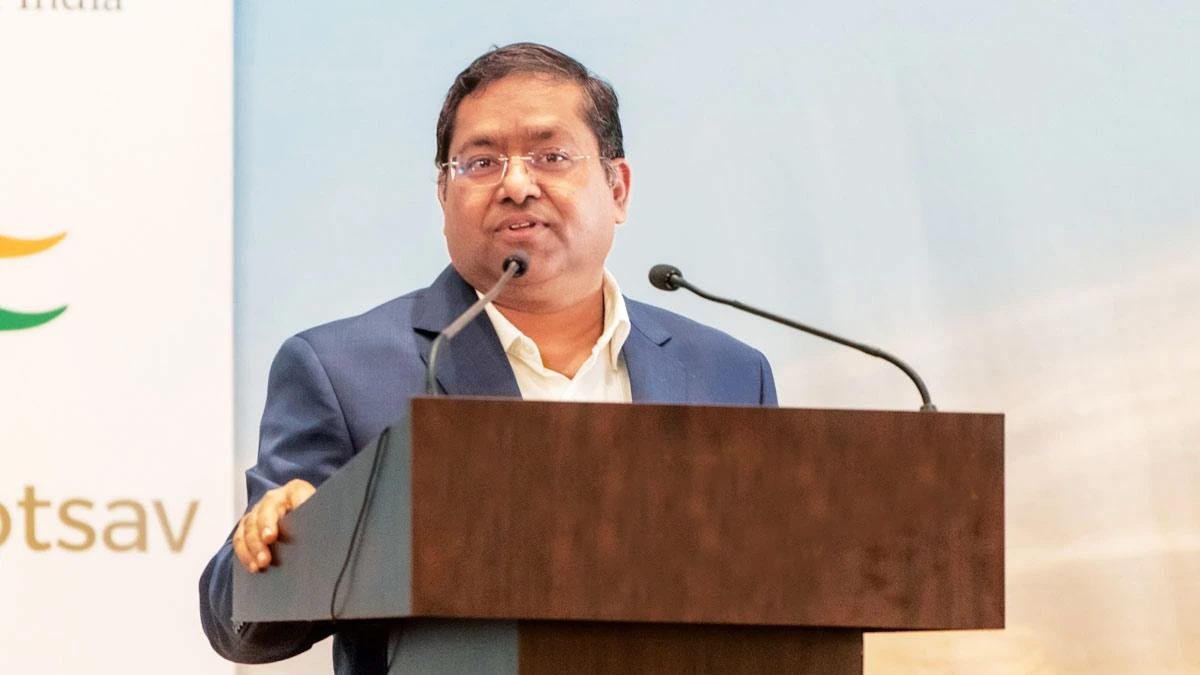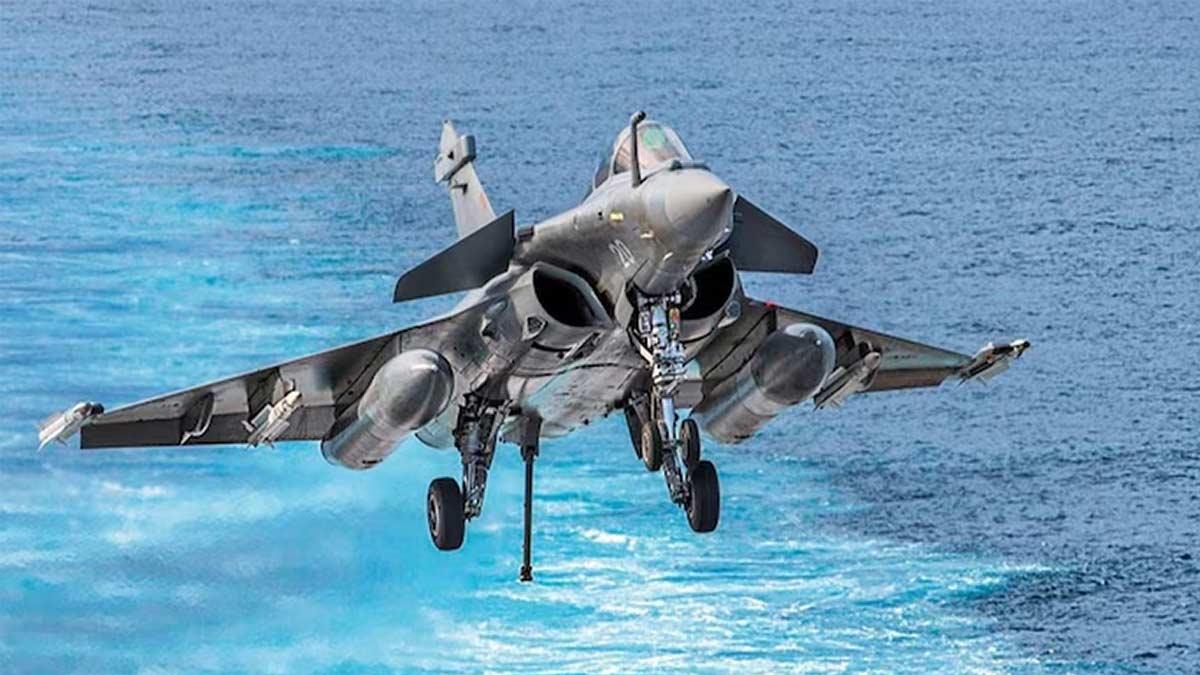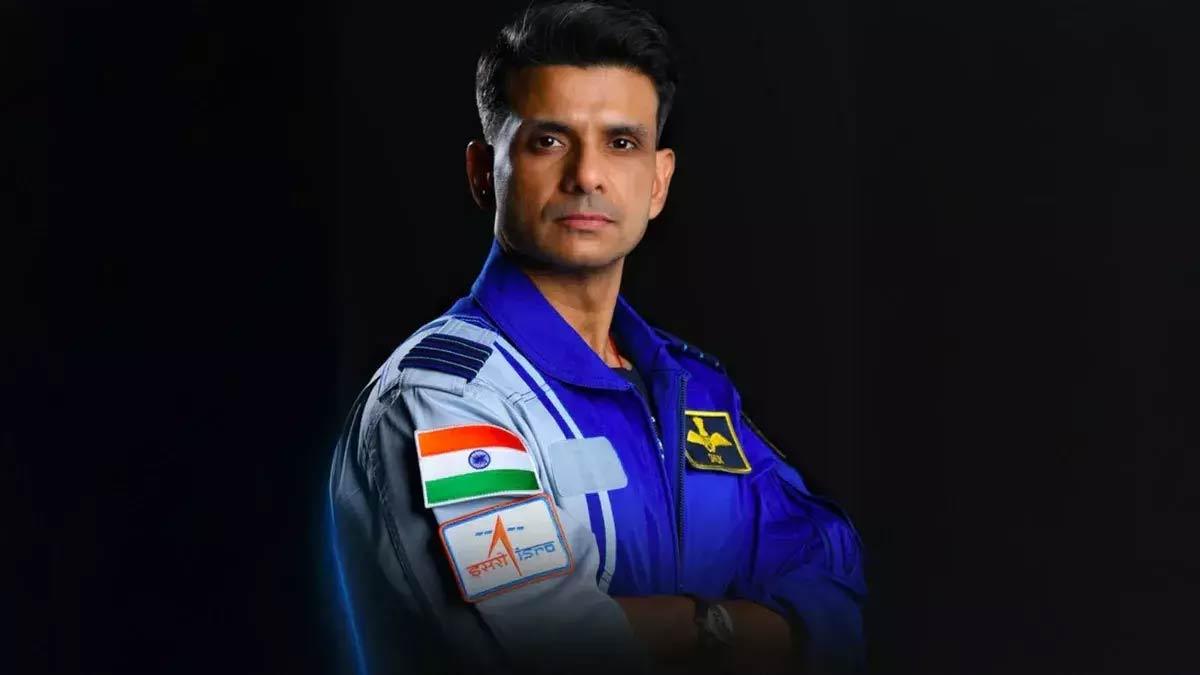India on Monday emphasized the urgent need for the withdrawal of troops from remaining friction points in eastern Ladakh during the 19th round of Corps Commander-level talks with China, news agency PTI reported.
The Indian delegation underscored, in particular, the necessity of resolving issues in the Depsang Plains and Demchok, PTI reported quoting its military sources.
These discussions were conducted at the Chushul-Moldo border point on the Indian side of the Line of Actual Control (LAC) within the region. The military dialogue commenced around 9:30 am and persisted for approximately 10 hours. However, no official statement regarding the talks has been released.
It is understood that local military commanders from both sides engaged in discussions on the preceding Sunday, a day prior to the Corps Commander-level meeting.
Despite extensive diplomatic and military negotiations that resulted in disengagement from several areas, Indian and Chinese troops continue to be locked in a confrontation for over three years in certain friction points in eastern Ladakh.
Leading the Indian delegation was Lt Gen Rashim Bali, Commander of the Leh-headquartered 14 Corps, whereas the Chinese team was headed by the commander of the South Xinjiang military district.
During the 18th round of military discussions held on April 23, the Indian side forcefully advocated for the resolution of lingering issues at Depsang and Demchok.
The 19th round of military talks took place a week ahead of the BRICS summit in South Africa, an event that Prime Minister Narendra Modi and Chinese President Xi Jinping are set to attend.
On July 24, National Security Advisor Ajit Doval met with senior Chinese diplomat Wang Yi on the sidelines of a meeting for the five-nation BRICS grouping in Johannesburg.
In their statement about the meeting, the MEA communicated that Doval conveyed the erosion of "strategic trust" and the underlying public and political basis of the India-China relationship due to the situation along the LAC in the western sector since 2020.
The NSA emphasized the imperative of persistent efforts to comprehensively resolve the situation, reinstating peace and tranquility in the border regions to eliminate obstacles to normalized bilateral relations.
India has consistently maintained that its relationship with China cannot attain normalcy without peace in the border areas.
The border standoff in eastern Ladakh emerged on May 5, 2020, subsequent to a violent clash in the Pangong Lake region.
The relationship between the two nations saw a significant decline after the intense conflict in the Galwan Valley in June 2020, marking the most severe military confrontation between them in decades.
Through a sequence of military and diplomatic discussions, the two sides finalized the disengagement process in 2021 along the north and south banks of Pangong Lake and in the Gogra area.
Read Also | India rejects cunning Chinese ploy of creating buffer zones in eastern Ladakh

